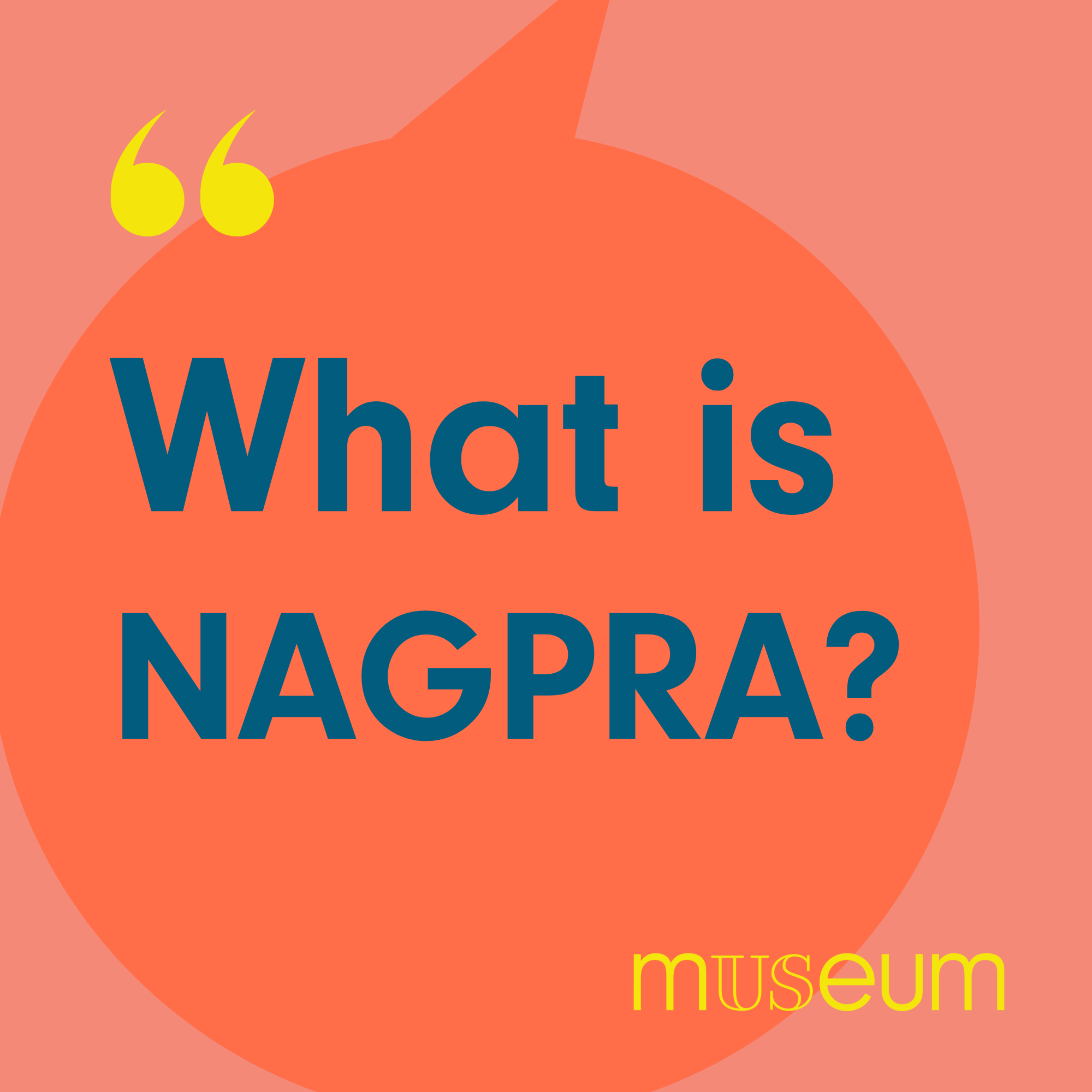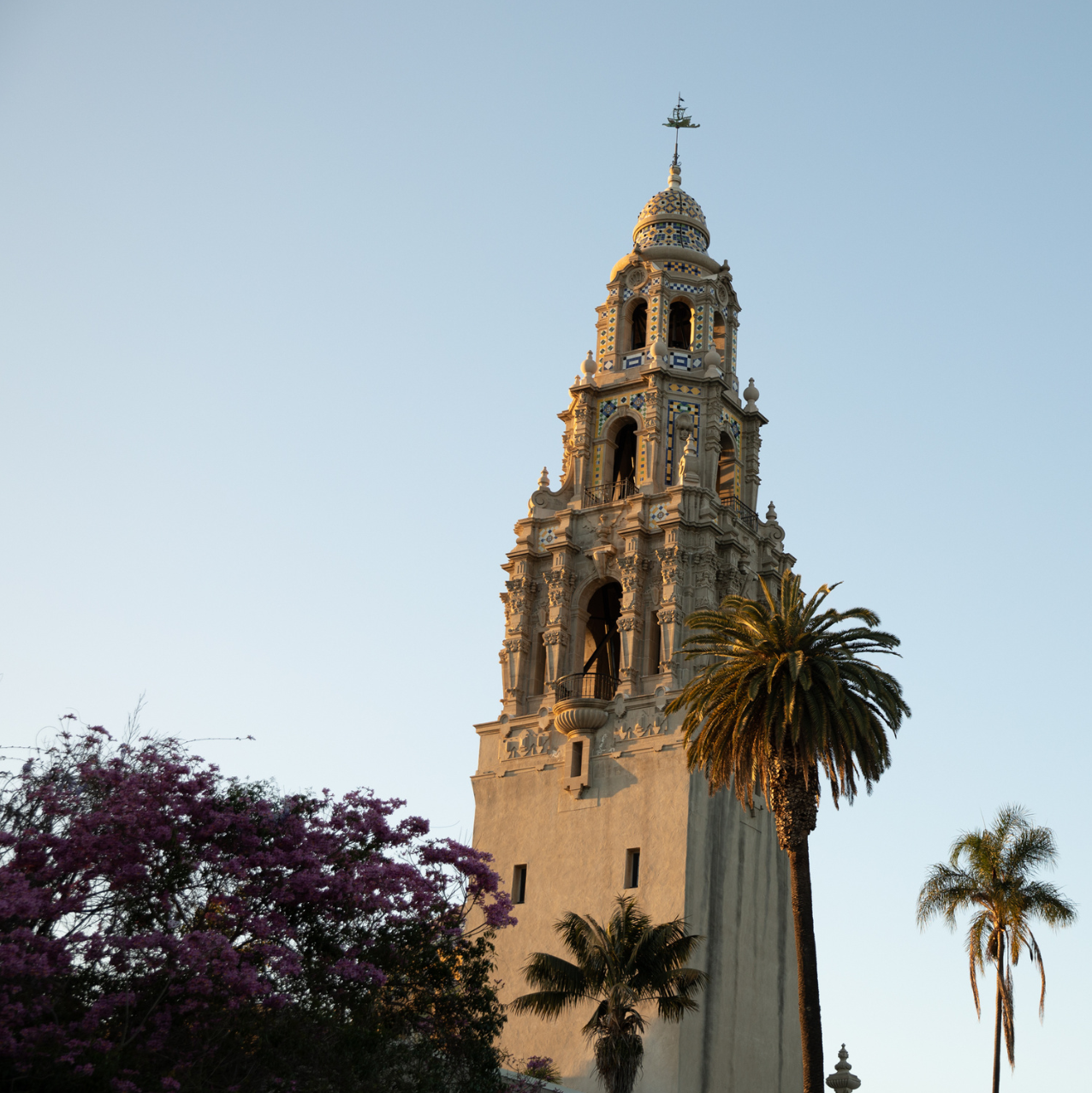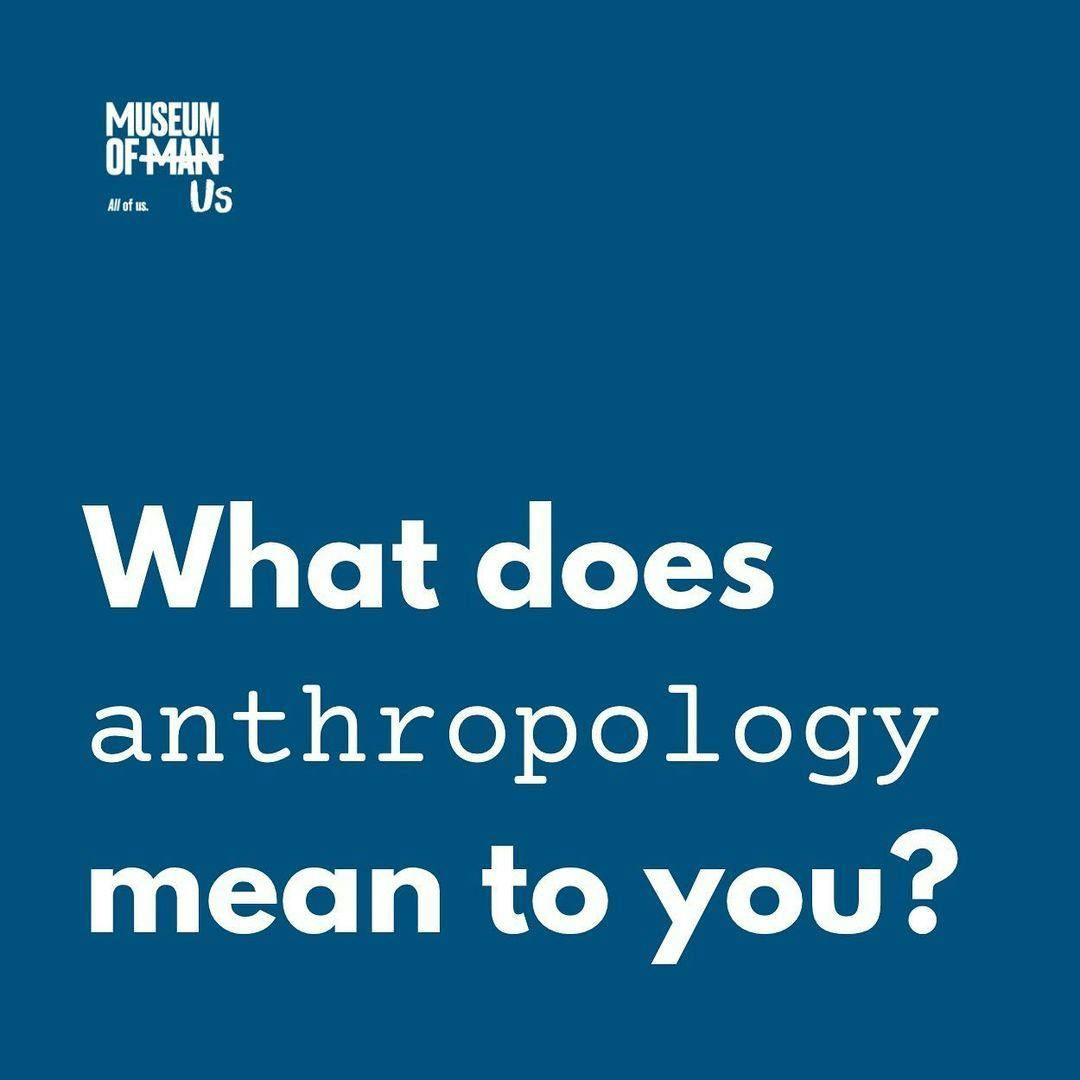The Museum is open daily from 10 a.m. to 5 p.m.
All parking in and around Balboa Park now requires payment. For more information, please refer to the City of San Diego website.
Cultural Resources
Cultural Resources at the Museum of Us
For over 100 years, the Museum of Us has been responsible for the stewardship of hundreds of thousands of cultural resources originating from across the globe. Currently, we hold over 75,000 ethnographic items; 100,000 images and 300 linear feet of archival materials; 300,000 archeological items; and over 4,800 ancestral human remains. Most cultural resources are of Indigenous origin with more than 200 Indigenous communities represented from within the United States and over 200 Indigenous communities internationally. These holdings are particularly extensive in basketry, ceramics, textiles, archaeology, and ethnographic photography.
Today, we recognize that the vast majority of these cultural resources came to us through inequitable and colonial pathways. To learn more, please visit the Decolonizing Initiatives page and review our Colonial Pathways Policy and Curation of Human Remains Policy. These policies govern how we steward cultural resources through prioritization of Indigenous knowledge, continuous consultation, and integration of decisions by Indigenous communities around their cultural resources. Learn more about the History of Cultural Resources & Exhibits.
The Museum of Us is not acquiring new cultural resources holdings as we are focused on improving stewardship activities for what is in our care presently. This includes inquiries regarding donation or sale of cultural resources by private or public individuals and organizations. As part of our evolving decolonizing practices, we do support connecting those inquiring about new acquisitions to the museum with the potentially affiliated Indigenous and Descendant communities whenever possible.
Contact for Inquiries
Please contact the Cultural Resources Department for further information at 619-239-2001 x 44 or culturalresources@museumofus.org.
Repatriation
The Museum of Us supports the repatriation of cultural resources to all descendent communities. Ultimately, we are interested in stewarding cultural resources only with the full consent of descendent communities. Therefore, the Museum strongly supports repatriations to descendent communities both within the United States and internationally, inclusive of Native American Tribal Nations and Indigenous communities. We take an action-oriented approach that centers the perspectives and worldviews of the descendent community. We acknowledge that the repatriation of ancestral human remains and cultural resources is an integral part of confronting past injustices and enabling the practice and revitalization of cultural traditions.
Learn more about repatriation and NAGPRA at the Museum.
Access to Cultural Resources
Persons requesting access to cultural resources require the approval of the affiliated tribal nation, descendent community, and/or lineal descendants. When appropriate, Museum staff will share contact information for the authorized representatives of the affiliated community, however, the researcher is responsible for contacting representatives and providing all the necessary information for representatives to provide informed consent and research permissions. Researchers must provide Museum staff with documentation of all permissions and/or authorized consent before any access requests can be processed. Researchers seeking permission are strongly advised to allow ample time to communicate with authorized representatives and engage in the review process.
Established agreements between the Museum of Us and tribal nations or descendent communities may also require tribal members, Indigenous persons, or researchers from descendent communities to receive permissions to research or access certain cultural resources.
Research permissions or community authorized consent is not required for lineal descendants or family members of individuals pictured in photographs, archives, or makers of cultural resources.
All access requests are subject to the availability of Museum staff.
These approval processes also apply to Image Reproduction Services requests.
We appreciate your understanding as we work to improve our stewardship and access practices, and are happy to answer any questions you may have about these efforts. Please contact culturalresources@museumofus.org for further inquiry.
Image Reproduction Services
Persons interested in using images of cultural resources must first obtain permission from the affected Indigenous community per the Access to Cultural Resources policy. Images of cultural resources may be made available upon request after permissions are secured with all applicable licensing and use fees that may apply.
Requests for images of Indigenous subjects and content requested by Indigenous groups and individuals may require permissions from the affected community. Permission is not required for family members related to individuals pictured in photographs. Reproductions are provided at no charge to Indigenous groups and individuals.
Policy on the Curation of Human Remains
Adopted by the board of trustees on January 25, 2017.
This policy employs the standard of informed consent as the minimal ethical standard acceptable to us for the curation of human remains in this era. Informed consent is the standard for all contemporary research practice when human subjects and human remains are involved. Applying this standard retroactively allows stakeholders whose predecessors were not agents in the disposition of their remains (or those of their ancestors) to now have input and appropriate agency in decisions about the remains of their ancestors.
This policy, and the discussion about adopting it, recognizes the contributions of those earlier generations of curators and archaeologists who worked with high ideals and for the good of humanity under the ethical standards of their day. The policy reflects an evolving understanding of best practice for our institution: one that views all people as having the right to determine what happens to the remains of their ancestors.
The Museum of Us will only accession and/or curate human remains when express written permission is given to do so by the deceased individual, their next of kin, or an authorized designee of the descendant community, and when those remains can be used to tell appropriate and compelling stories in support of the Museum’s interpretive goals. The Museum may curate human remains without the express written permission of the descendant community, in cases where that community can be shown to broadly support similar curatorial activity for human remains.
Read our Human Remains Policy FAQ.
Read our full Cultural Resources Management Policy, which includes our policy on the curation of human remains in full beginning on page 7.
Recent News



Visit our blog for more posts on Cultural Resources.
Policies & Resources
- Colonial Pathways Policy
- Cultural Resources Management Policy
- Policy on the Curation of Human Remains Frequently Asked Questions
- Cultural Resources Staff
- Native American Graves Protection and Repatriation Act (NAGPRA)
- California Native American Graves Protection and Repatriation Act (CalNAGPRA)
- United Nations Declaration of the Rights of Indigenous Peoples (UNDRIP)
The Museum of Us recognizes that it sits on the unceded ancestral homeland of the Kumeyaay Nation. The Museum extends its respect and gratitude to the Kumeyaay peoples who have lived here for millennia.
The Museum is open daily, Monday through Sunday, from 10 a.m. to 5 p.m.
1350 El Prado, San Diego, CA 92101
